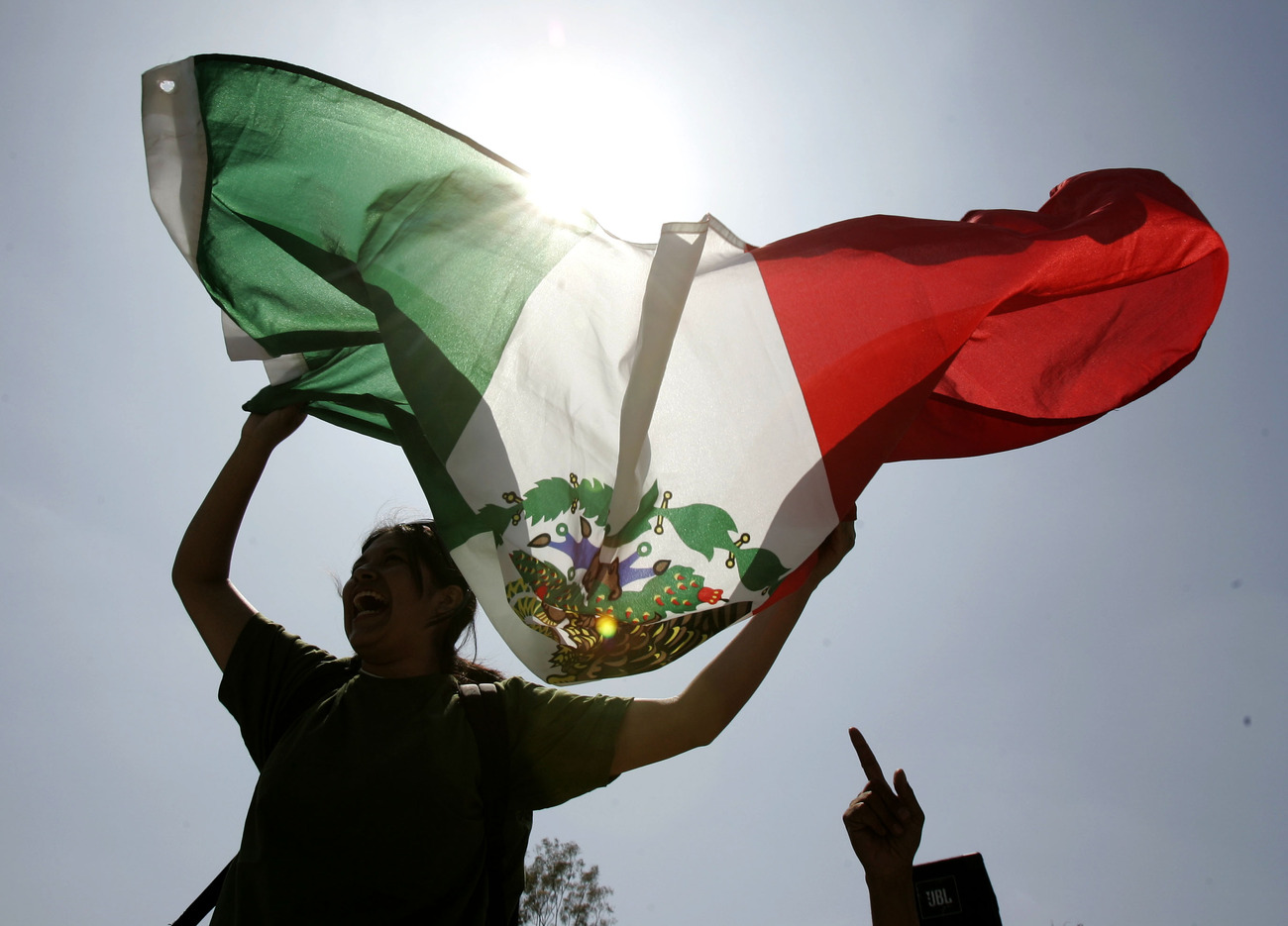Business Leader Gains Guatemalan Vote
Business Leader Gains Guatemalan Vote
Guatemalans elected Alvaro Colom president in Sunday's run-off vote. With the country's rampant crime rate a focus of the election, Colom won on an anti-poverty platform over pledges by his opponent, a retired general, to use the military for a fierce crackdown. AS/COA produced a July 2007 report on the rule of law in the Americas.
Guatemalans elected a business leader over a former military chief in the second round of a presidential race marred by pre-election violence and mudslinging. Voters chose the anti-poverty platform of Alvaro Colom, an industrial engineer who lost in two prior elections, over pledges from his opponent Otto Pérez Molina that he would use a "firm hand" to crack down on crime.
One of Colom's major challenges as Guatemala's new president will be country's rising crime wave. Only 2 percent of more than 5,000 murders each year lead to investigations in this Central American country, which has one of the worst murder rates in the world. The violence spilled over into elections, with more than 50 candidates and activists killed, including the secretary and the security guard of Pérez Molina. Fourteen members of Colom's party, Unidad de la Esperanza Nacional (UNE), have been assassinated since last year.
Pérez Molina had promised to attack crime by bringing back the death penalty, increasing the police force’s size, and using the army for policing efforts. His loss may demonstrate discomfort on the part of a majority of voters with the idea of a military leader holding office. A retired general, Pérez Molina led an intelligence unit during part of Guatemala's brutal 36-year civil war, which ended in 1996. Instead, the victor Colom focused his campaign on anti-poverty measures as policy proposals to counteract violence.
With more than 97 percent of votes counted, Colom commanded a 6 percent lead over Pérez Molina. But, in the days leading up to the election, the winner remained in doubt. A poll published by Prensa Libre put Pérez Molina ahead of Colom by 6 percent while another in El Periódico placed Colom on top by a similar amount.
Despite the violence that preceded the election, Sunday's vote was peaceful. Yet relatively low turnout indicated voter disenchantment with an election marked by negative campaigning. Both candidates have exchanged and faced accusations. Pérez Molina charged UNE with gaining campaign funds from drug traffickers while Colom accused his rival’s campaign of sending him death threats. Colom’s former chief strategist says he also received death threats from UNE. And two journalists reported they were threatened after investigating the financing of Pérez Molina campaign.
The new issue of Americas Quarterly takes a look at crime in Latin America, as well as models to increase safety in the Western Hemisphere. View the contents of the journal, and visit the AQ website for more information. The AS/COA Rule of Law Working Group produced a July 2007 report outlining means to boost the rule of law in the Americas.








